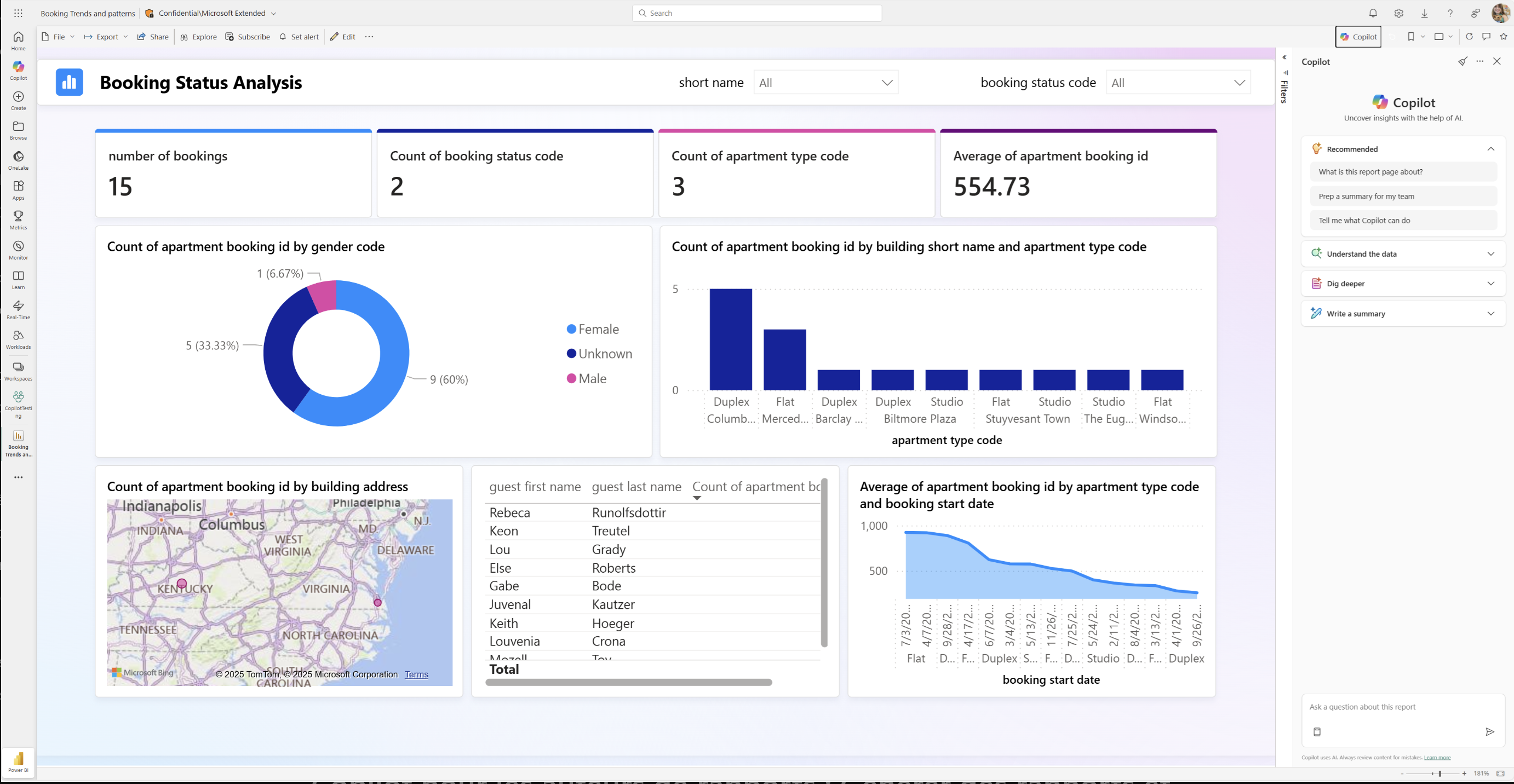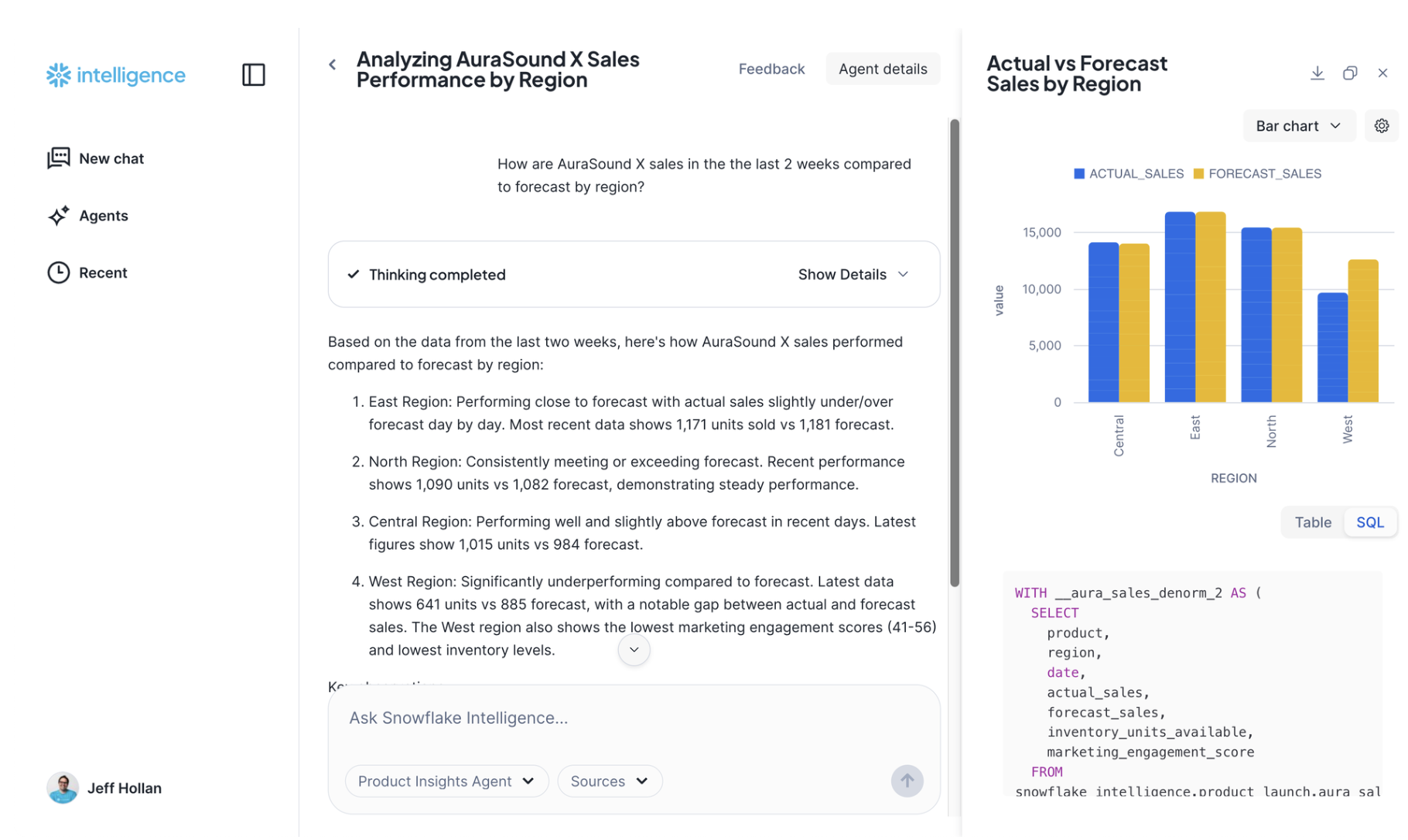🔥 What's New ?
👉 At the end of May, Meta announced that it would be using the public data of all major European users to train its intelligence systems.
Meta has announced the use of European data to train its AI, and it's been underway since the end of May 2025! This follows a first attempt in 2024, suspended due to pressure from data protection authorities, but relaunched after discussions, notably to avoid personal data being stored in AI models.
In concrete terms, Meta now retrieves all its users' public posts on Facebook and Instagram (texts, photos, comments) as well as interactions with their AI tools like Meta AI. And this applies to old posts as well as anything published in the future.
The good news is that you can say no! Meta has set up opposition forms that you can fill in right now, without having to justify yourself. Just remember to do it for each account if you have several.
It's worth noting that after discussions with the European authorities, Meta had to :
- Reinforce filters to prevent personal data from being stored in AI models
- WhatsApp is not affected by this data collection
The data protection authorities, including the CNIL, are keeping a close eye on all this and continue to negotiate with Meta.
ℹ️ For more information: CNIL
💡 In practical terms, what does this mean for us and our customers?
The reality on the ground: Meta promises better performing ads thanks to AI, but we don't yet have any concrete figures on the real impact. Users can object via a form hidden in the settings, but let's be honest: how many will actually do it? And only future data is protected after opposition.
Our approach: We're testing Meta's new AI tools without falling into the trap of total dependence. Automation is all very well, but it's no substitute for a well thought-out strategy and diversified campaigns across multiple channels.
The real issue: Above all, this development reveals the increasing concentration of power in the hands of the big platforms. Our job is to take advantage of this, while maintaining our strategic independence and respecting the real expectations of our audiences in terms of personal data.
AI is transforming the game, but the fundamentals of campaign management remain: customer knowledge, creativity and performance measurement.
👉 Copilot in Power BI
The May 2025 Power BI update introduces several major innovations, including a standalone Copilot feature that allows users to ask questions about any data accessible via the "Ask Anything!" command (in preview).

ℹ️ For more details: Learn-microsoft
💡 We're clearly witnessing a paradigm shift that is fundamentally transforming the way we think about corporate decision-making, through a "change of mentality" in which every employee becomes a player in collective intelligence.For us, this change is redefining roles: business lines are evolving towards greater analytical autonomy, while technical teams are repositioning themselves as facilitators and architects of this universal accessibility to insights.
👉 Hybrid identification strategies and CDP platforms on the rise
Google's decision on third-party cookies has major implications for data reconciliation. Companies are now adopting an approach combining several types of identifiers: first and third party cookies, logged identifiers (email, phone), alternative identifiers (First-ID, Utiq, ID5) and local storage solutions.
This diversification of identification methods ensures continuity in data reconciliation, while preparing for the future with more robust alternatives.
As for CDP (Customer Data Platform) platforms, their evolution is no longer a secret. Their role is to orchestrate all available identifiers and enable efficient reconciliation of first-party data with behavioral data. Enriching CRM databases with precise behavioral insights enables brands to develop more complete and actionable customer knowledge.
ℹ️ For further information, visit Open-global
💡 Data Collaboration solutions integrated with CDPs now facilitate the secure sharing of data between business partners, enriching customer profiles without compromising confidentiality. A trend that is set to accelerate in the months ahead.
👉 RGPD continues to evolve, and fines have fallen
The month of May was particularly rich in regulatory news. On May 21, the European Commission presented its fourth "omnibus package" including a new exemption from the requirement to set up a register of processing activities (Article 30 of the RGPD). This announcement sparked lively debate among data protection professionals, with some seeing it as a welcome relaxation, and others as a potential regression.
Article 30 of the RGPD currently requires organizations to keep a register of their data processing activities. An exemption already exists for companies with fewer than 250 employees, except for certain high-risk processing operations.
⇒ The new proposal extends this exemption to companies with fewer than 750 employees.
At the same time, the CNIL remains vigilant: on May 15, it fined Caloga 80,000 euros for several breaches of the RGPD. Among the practices pinpointed: misleading forms that failed to collect valid consent, difficulties in withdrawing consent, and excessive data retention.
Note this important clarification: opening an email does not constitute sufficient proof of activity to extend data retention!
ℹ️ To find out more, visit
Sourcingspeak
CNIL
👉 At Starfox Analytics, we support our customers in their compliance with data protection regulations through comprehensive audits and customized recommendations. Our expertise enables you to identify risks, optimize your processes and ensure sustainable compliance with current regulations.
👉 Google Cloud announced on May 21, 2025 the launch of its next-generation generative AI models
Google launched Gemini 2.5 Pro in May 2025, a "revolutionary" AI that redefines artificial intelligence with highly advanced memory and reasoning capabilities. Other Vertex AI models have also been launched, and we've been able to see them in demos, with truly impressive results.
Google has released three game-changing media models:
Imagen 4 for creating ultra-realistic images from simple text: we're talking truly pro quality, with perfect text rendering and fine-tuned understanding of instructions.
Veo 3, which generates videos with integrated sound, speech and music. Companies like Kraft Heinz have reduced their creative processes from 8 weeks to 8 hours!
Lyria 2 for musical creation, which completes the package.
Companies such as Klarna, Jellyfish and Envato are already using it, and are reporting impressive time and cost savings. We're talking about an average 50% reduction.
We suggest you watch the Google Cloud keynotes to see what all the fuss is about.
ℹ️ The link to the keynote.article summarizing all the model updates: Cloud Google
👉Snowflake: major innovations at Summit 2025
The Snowflake Summit 2025, held in early June, saw the announcement of several major innovations.
Snowflake Intelligence (soon in public preview) offers an agentic experience enabling business users to converse with their data in natural language, without writing code.
SnowflakeOpenflow was introduced as a managed multimodal data ingestion service designed to simplify data movement and integration, powered by Apache NiFi. The solution aims to eliminate data silos and manual work in data ingestion.
Standard Warehouse - Generation 2 (Gen2) now offers 2.1 times faster performance for basic analytical workloads, with notable improvements for Delete, Update and Merge operations. This evolution meets the growing performance needs of companies handling ever-increasing volumes of data.

ℹ️ Further information: Snowflake
👉 DBT Fusion: a new engine to enhance the performance of your models
DBT Labs announced on May 28 a new Fusion engine, designed to revolutionize the developer experience in the age of AI. dbt Fusion is a next-generation engine written in Rust that drastically accelerates dbt performance with parsing times up to 30x faster than dbt Core. It natively understands SQL and can emulate your data warehouse locally, allowing you to validate your code in real time without interrogating your warehouse, reducing costs and improving the developer experience. Thanks to its data state awareness, Fusion executes only those models that really need to be rebuilt (when there is new data upstream), saving around 10% on data warehouse bills.
ℹ️ Further information: Docs-getdbt
🤝 Partner of the month
As mentioned above, hybrid identification strategies are becoming increasingly important in organizations. Our partner First-ID is a major player in this field.
👉 First-ID: France's game-changing technology for advertising identification
While Google is yo-yoing with its third-party cookies, France is developing its own solutions. First-ID offers a persistent identification technology that works without cookies or email, covering 80% of the active French web.
The reality on the ground: today, publishers lose 68% of their advertising revenues to intermediaries. First-ID promises to regain control, but beware of falling into the trap of the one-size-fits-all miracle solution.
Figures that count :
- Redirection serveur ultra-rapide : < 50 millisecondes
- Couverture du marché : 80% des utilisateurs web français actifs
- Impact sur les revenus : potentiel de récupération de 68% des inventaires éditeurs
👉 In practical terms, what does this mean for digital players?
- For publishers: No more total dependence on ad exchanges. First-ID enables you to create identifiers that are directly integrated into your analytics, without going through intermediaries who eat into your margins.
- For advertisers: No more dependence on GAFAMs for your audience data. You gain access to qualified segments while retaining control over your data strategy.
For advertising agencies: You're finally offering KPIs equivalent to those of walled gardens, with the added bonus of transparency.
👉 How does it work technically?
The First-ID system is like an intelligent motorway tollbooth:
- Point of entry: A user arrives on your site
- Identification in a flash: In a few milliseconds, the identifier is created or retrieved
- Direct integration: Data goes straight into your tools without any detours.
Immediate activation: You can customize in real time
The real innovation: each identifier corresponds to a daily active user. We're not talking about a phantom reach, but a truly engaged audience.
👉 The French regulatory context that is driving these solutions
With 87 CNIL sanctions in 2024 (compared with 42 in 2023) and fines reaching 55.2 million euros, regulatory pressure is intensifying. Companies can no longer simply tinker with their cookie banners.
Key point: The CNIL now sanctions "dark patterns" and requires equal access between accepting and refusing cookies. Solutions such as First-ID come at just the right moment to circumvent these constraints.
👉 International competition already exists
- Trade Desk UID2: Over 200 partners, but dependent on hashed emails
- Google Topics API: 469 predefined topics, but CPM 30% lower than cookié
- LiveRamp: 245 million US profiles, 90%+ matching, but geographically limited
The First-ID advantage: A solution designed for the French market, with its specific regulatory and behavioral characteristics.

👉 O ur approach at Starfox Analytics
We're testing these new technologies without falling for the hype. First-ID is one of the most promising solutions for our customers.
Practical tip: Allocate 5-10% of your budgets to testing alternative ID solutions. But keep 85% on proven first-party data strategies.
The real challenge: Above all, this evolution reveals the urgent need to regain control of one's data. Our job is to support this transition without undermining current performance.
The fundamentals remain the same: customer knowledge, creativity and performance measurement.
💡 Tip of the month
Our "Tip of the month" section shares practical tips used daily at Starfox Analytics. These tips cover various Web Analytics tools to optimize your work. Don't hesitate to try them out and share them with your colleagues.
👉 The TIMESTAMP in BigQuery
BigQuery automatically stores all TIMESTAMP values in UTC internally, with no possibility of changing this default behavior, and this causes problems:
- Loss of timezones: If no timezone is specified, BigQuery uses UTC by default, masking the original timezone.
- Complex multi-region analyses: Filtering and grouping by local timezone is difficult, especially for international companies.
- Time changes: summer/winter transitions complicate conversions.
And to deflect these problems, we propose three possible solutions:
1. Conversion to display : Use `FORMAT_TIMESTAMP` to display data in a specific timezone.
2. Storage: Store in UTC and convert only when displayed.
3. Functions : Use DATE(), TIME(), DATETIME()with the desired timezones.
📖 Sharing Is Caring
Every month, our "Sharing is Caring" column presents an in-depth article on a current topic in Web Analytics. Our experts use their know-how and online resources to explore these topics in detail.
This month, discover Daniel's article on how to calculate the number of users on GA4.
❤️ Best resources and articles of the moment
- A blog to keep track of all Snowflake release notes
- This year's guide to customer analysis metrics
- A Linkedin post describing a tool from Stape.io that evaluates how a site ranks in terms of tracking.
- Few people are aware of it, but a prospective study conducted by a group of researchers has examined the evolution of AI up to 2027.
😜 Miscellaneous
👉 Builder.ai: The AI that wasn't one
Builder.ai, the "AI" startup that promised to create apps easily with its Natasha virtual assistant, has just gone bankrupt after being exposed: they were actually using 700 developers in India to do the work they were selling as being automated by AI!
Founded in 2016 by Sachin Dev Duggal, this London-based box had successfully raised funds from big names like Microsoft and reached a valuation of $1.5 billion by presenting itself as a "no-code AI-powered" platform.
It was a rude awakening: behind the hype of artificial intelligence marketing was a classic offshore development center, and the startup filed for bankruptcy last week after the deception was discovered.
ℹ️ https://www.indiatoday.in/technology/news/story/builderai-used-700-engineers-in-india-for-coding-work-it-marketed-as-ai-powered-after-hype-now-goes-bust-2734963-2025-06-03
🤩 Inside Starfox
🎉 Great news! Our "Inside Starfox" podcast is finally here! You'll find all our favorite content: alerts, articles and case studies... in an audio format generated by NotebookLM that's super convenient on Spotify. Perfect for keeping up to date on your commute or coffee break! 🎧


A need, a question?
Write to us at hello@starfox-analytics.com.
Our team will get back to you as soon as possible.
.svg)




.svg)